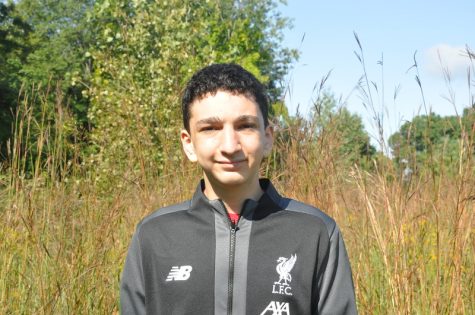COVID-19: Predictions for the future
Credit: Ari Zukerman
WHS students and staff share their predictions about the future of the COVID-19 pandemic. After multiple years of living with the virus, many have applied the knowledge they have acquired to predict what the future could hold. “[COVID-19] is definitely staying,” sophomore Kyle Neprud said.
May 31, 2022
Two years have passed since COVID-19 reached Wayland High School and forced students and staff to accept a new way of living. Even now, the long-term effects of the pandemic are still present at WHS, and many share the view that the virus will remain prominent in Wayland.
Despite the lack of knowing what the future of the pandemic holds, many have formed predictions based on their past experiences. WHS students and teachers believe that the future of the pandemic has the potential to be better than the past due to the troubles of remote learning.
“I did horribly in multiple classes,” sophomore Kyle Neprud said. “I didn’t pay attention and played video games [instead].”
Before the COVID-19 pandemic reached the United States and schools were forced to transition fully online, many had never heard the name “Zoom” before. Once school and work shifted to a remote model, teachers and students within the Wayland Public Schools system had to adapt quickly.
“The [transition] was so weird,” WHS chemistry teacher Stephanie Giglio said. “Even as teachers, we weren’t really sure what was expected of us and what to expect of our students, because we were all experiencing quarantine so differently. For some students, the structure and model worked really well, and for others, remote learning added more stress to an already stressful activity.”
Earlier in the pandemic, a lot more uncertainty surrounded the danger of the virus on unvaccinated individuals. However, the COVID-19 vaccine allowed many to gain more confidence in returning to face-to-face activities, as they felt protected by the vaccine in public settings.
“Once I got vaccinated, I felt a lot better about [returning to work and seeing others in-person],” Giglio said.
Although the future of COVID-19 is unknown, Giglio hopes to gradually progress into a safer future in terms of the severity of COVID-19.
“I think we’ll have a lot of back and forth for a while,” Giglio said. “But science will keep progressing, and we’ll keep learning [how to deal with the COVID-19 pandemic].”
The sudden increases and decreases visible in the COVID-19 case counts have an adverse effect outside of WHS as well. Senior Jason Luc’s future schooling hangs in the COVID-19 guidelines and restrictions decided by his college, Worcester Polytechnic Institute.
“For [WPI], there’s some COVID-19 measures in place, but I don’t think it’s too strict in terms of COVID-19 measures,” Luc said. “I think some people will [look down upon others] who do things differently [than themselves], and that will create more chaos in college.”
Luc, along with many others, feels that COVID-19 cases will continue to fluctuate as time goes on. Luc also believes that another lockdown could result not just in negative consequences, but also in a possible positive outcome.
“COVID-19 can bring people together,” Luc said. “If COVID-19 [cases] go up and more restrictions apply, I’m going to definitely spend a lot more time with my roommates. It’ll be a unique experience [and] not the typical college pattern.”
As a student returning to WHS next year, Neprud stands by his opinion that COVID-19 will be a harsh reality for all students to continue to face.
“[COVID-19] is definitely staying,” Neprud said. “The [COVID-19] cases will continue to fluctuate as they are [now].”

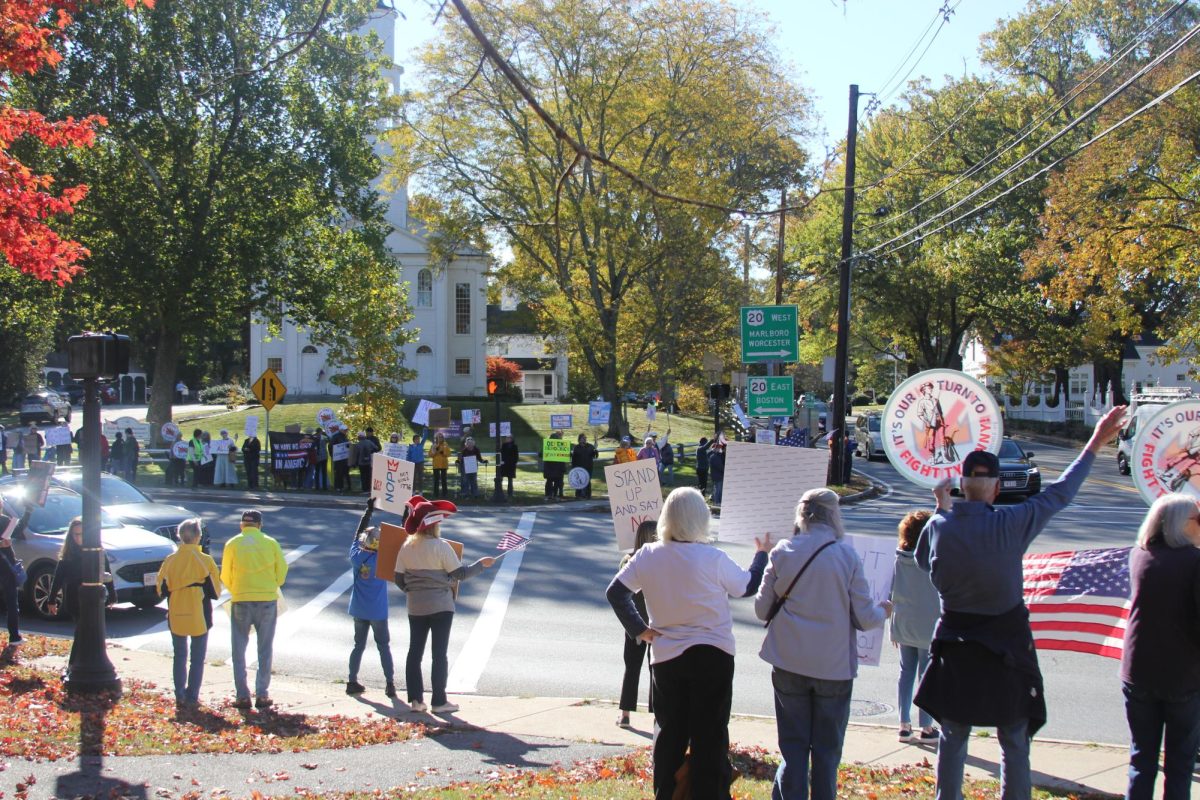









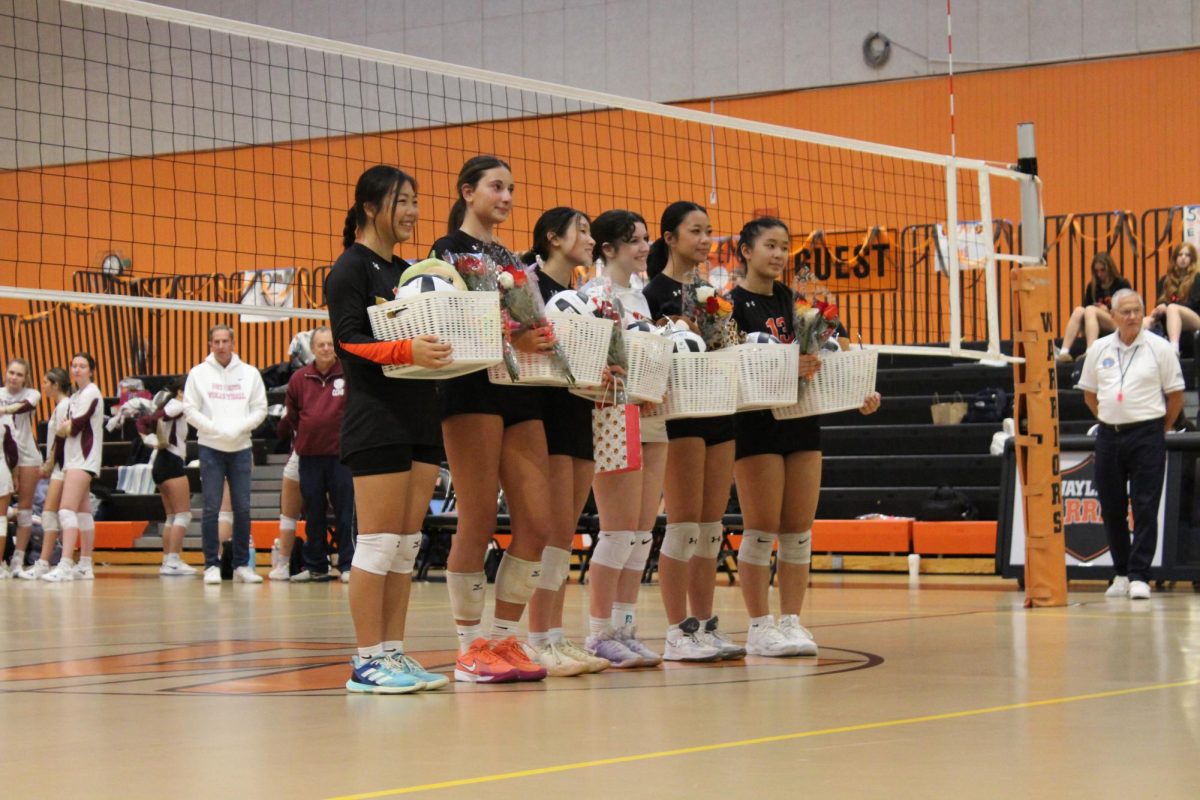
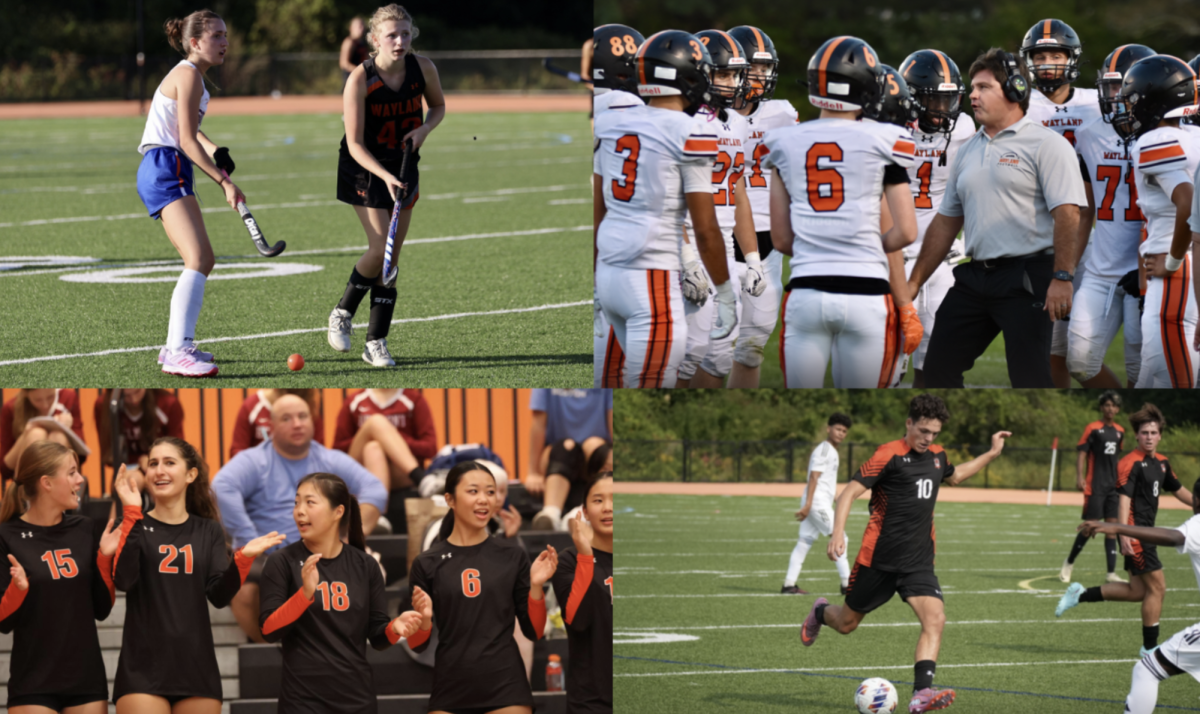
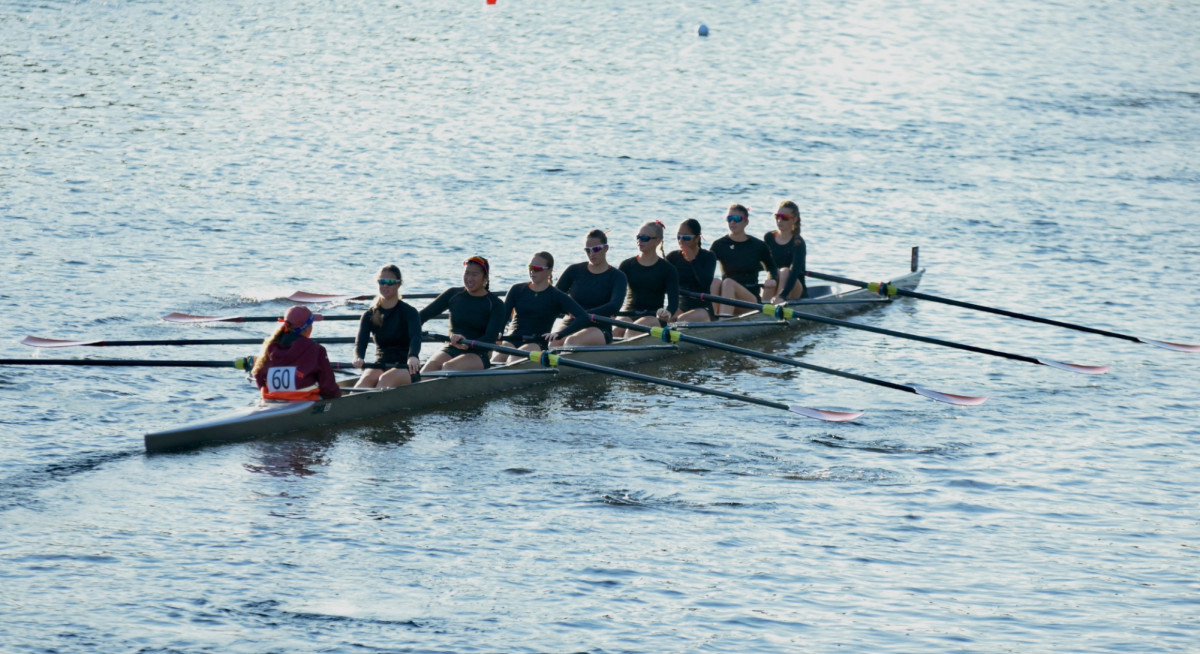
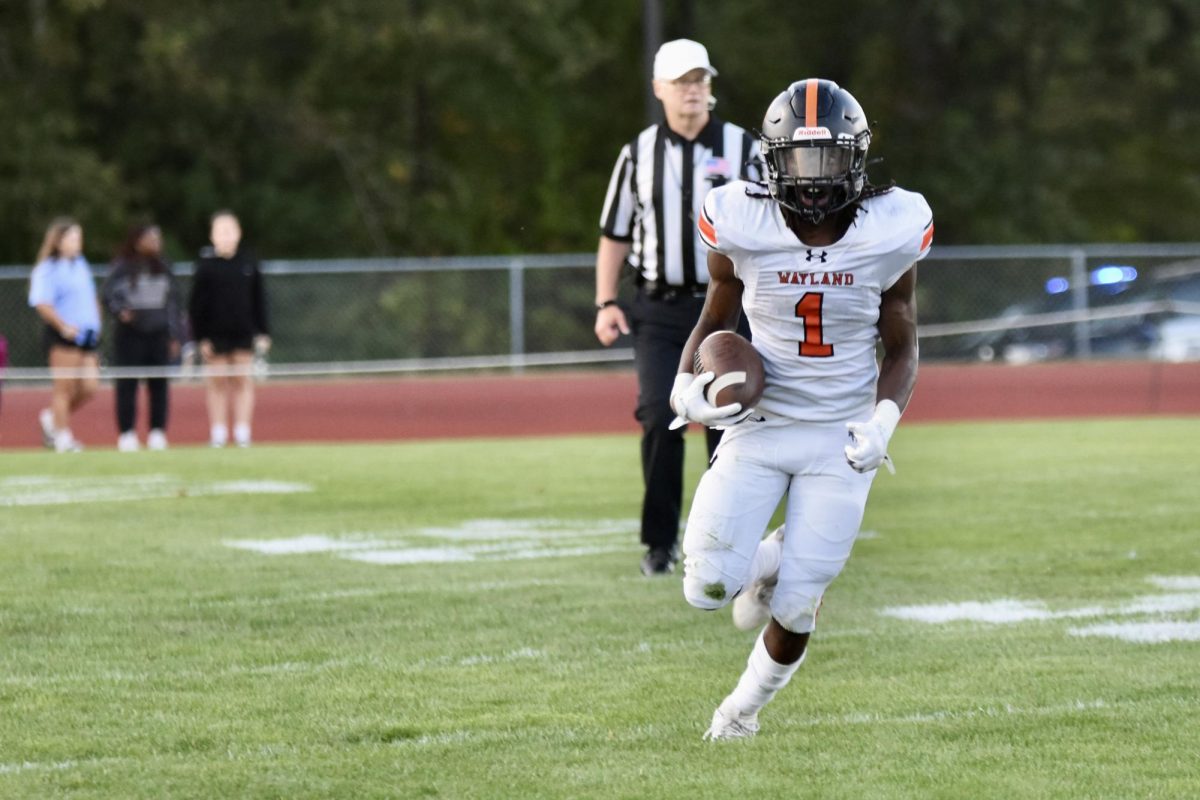
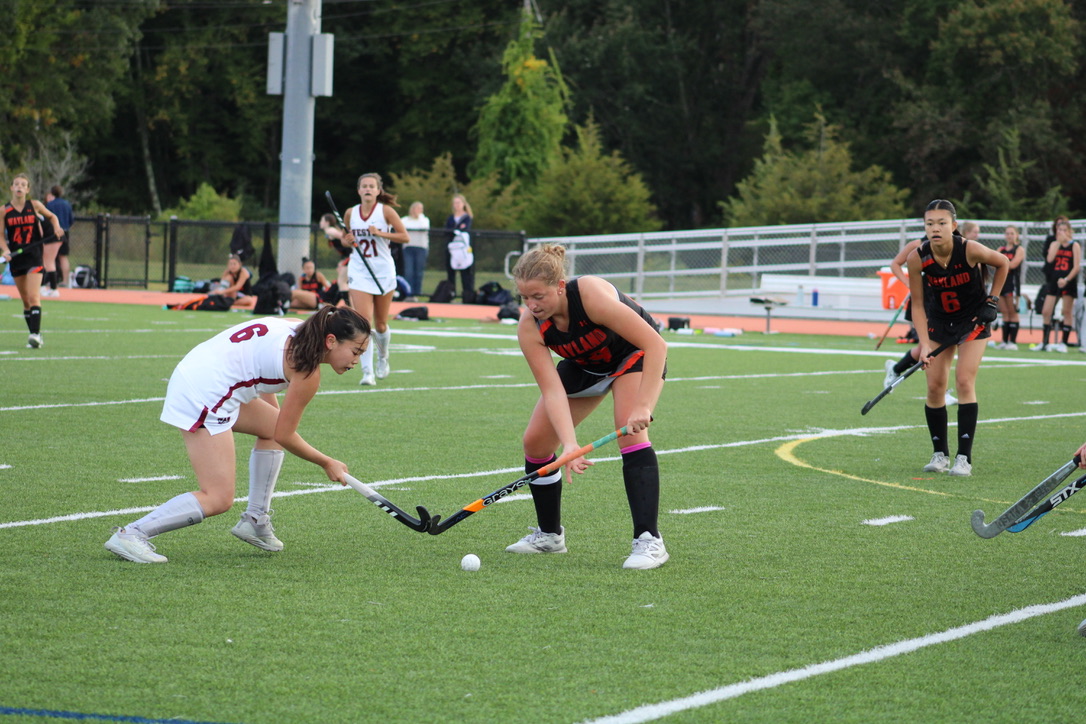





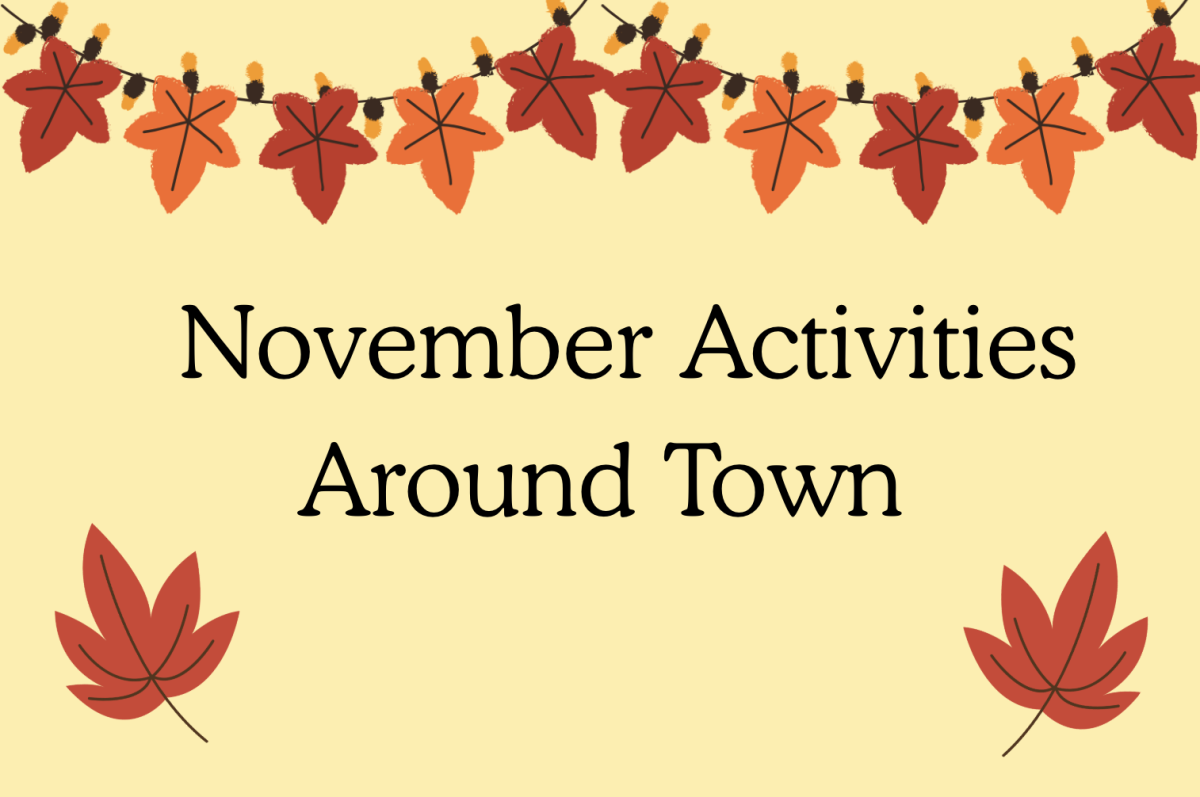




![WHS students and staff share their predictions about the future of the COVID-19 pandemic. After multiple years of living with the virus, many have applied the knowledge they have acquired to predict what the future could hold. “[COVID-19] is definitely staying,” sophomore Kyle Neprud said.](https://waylandstudentpress.com/wp-content/uploads/2022/05/Screen-Shot-2022-05-26-at-9.31.22-PM-900x599.png)
